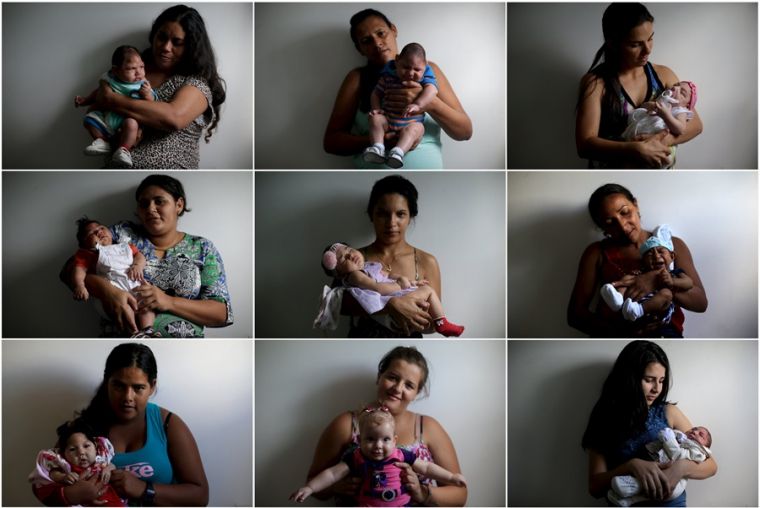Catholic ethics body: Zika virus outbreak does not justify 'intrinsically immoral' use of contraceptives

Pope Francis has already said that the use of contraceptives can be considered permissible to stop the further spread of the Zika virus.
The most respected Catholic ethics body in the United States, however, remains steadfast in its opposition to the use of condoms and pills, even in the face of this public health emergency.
In an opinion article published on LifeSite News, the National Catholic Bioethics Center said the threats posed by the Zika virus infection, especially to pregnant mothers and their babies, still do not justify contraceptive use.
The ethics body, whose board of directors includes five Archbishops and three Cardinals, maintained that the suspected connection between the Zika virus and the condition called microcephaly, which makes babies have abnormally small heads, does not warrant a change in the "Catholic Church's consistent teachings on the sacredness and inviolability of human life and the dignity."
The group further said that the Catholic Church should still value the "beauty of the means of transmitting life through marital relations" even with the threat of the Zika virus.
"Contraceptive acts are intrinsically immoral and contrary to these great goods," the ethics body said in its commentary.
The Catholic ethics group also pointed out that there is still no confirmation that the Zika virus is linked to microcephaly. Thus the body said the use of condoms should not be equated to something good or morally right.
"Apart from the scientific questions about the actual effectiveness of condoms in disease prevention, using condoms to reduce the likelihood of Zika transmission amounts to directly intending contraceptive acts of intercourse as a means to a good end," the body said.
"Condom use could not have the effect of preventing pregnancy, but it would prevent a true marital act from taking place, which always involves a complete giving and receiving on the part of the husband and wife," it added.
The ethics body also rejected proposals to allow abortions on unborn babies affected by the Zika virus.
"Proposing abortion as a medical solution to the child's pathology is suggesting the direct destruction of innocent human life as a means of healing," the Catholic group said.











